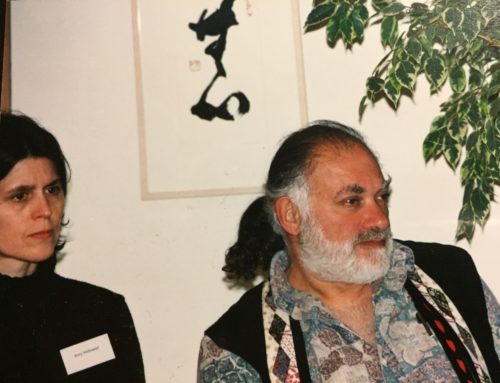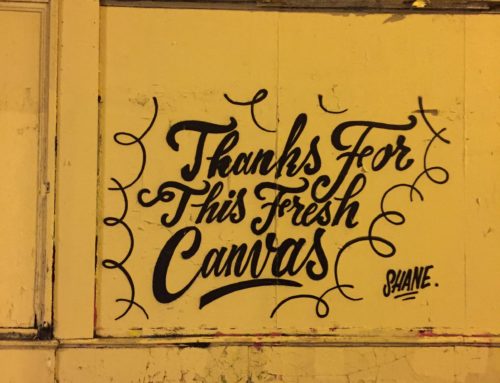Joyce’s Ulysses, like Homer’s Odyssey or Dante’s Divine Comedy, can be read as an “allegory of the wanderings of the soul,” a voyage along the path of awakening. In Joyce’s tale, life is an infinitely rich process of moving toward at-onement (with one’s true being), a return to one’s true nature, an unveiling of one’s original face (before one’s parents were born), a making whole, a being one – intimate – with all things, here and now. To read Ulysses is to journey on the middle way, where we are freed from fixed, limited identities, ideas and positions. It is to see things as they are, naked, open. This is where the relative and the absolute, as the traditional Zen chant goes, fit together like a box and its lid. Yes: This is the Joycean adventure.
In Ulysses, the style is, in a sense, the theme, as in a piece of music; the style and language of each episode reflect the subject, time, place and characters of that episode. Thus, each episode – each moment – is written differently. Experience Joyce as you would poetry or music.
— Amy Hollowell Sensei






Laisser un commentaire